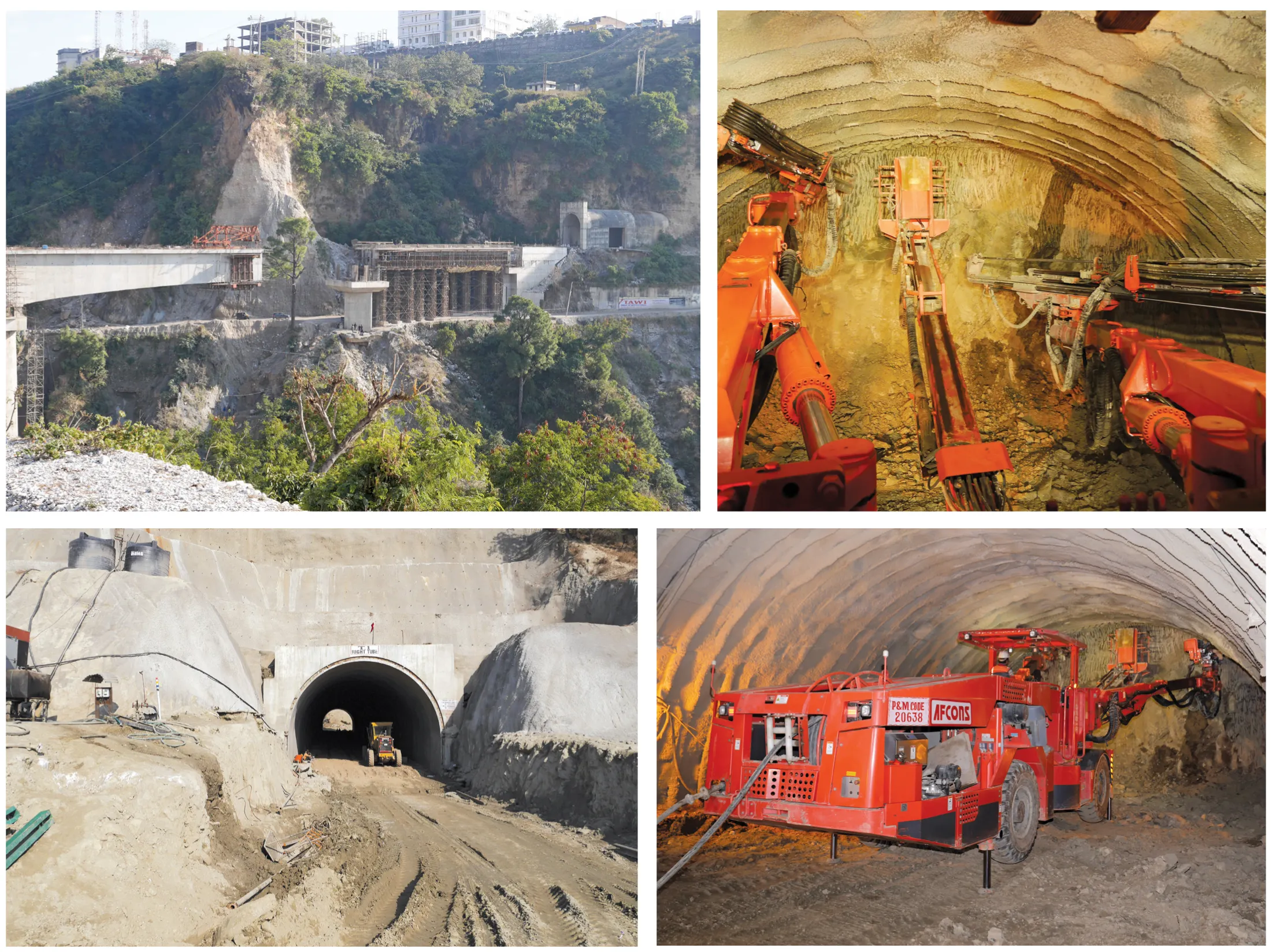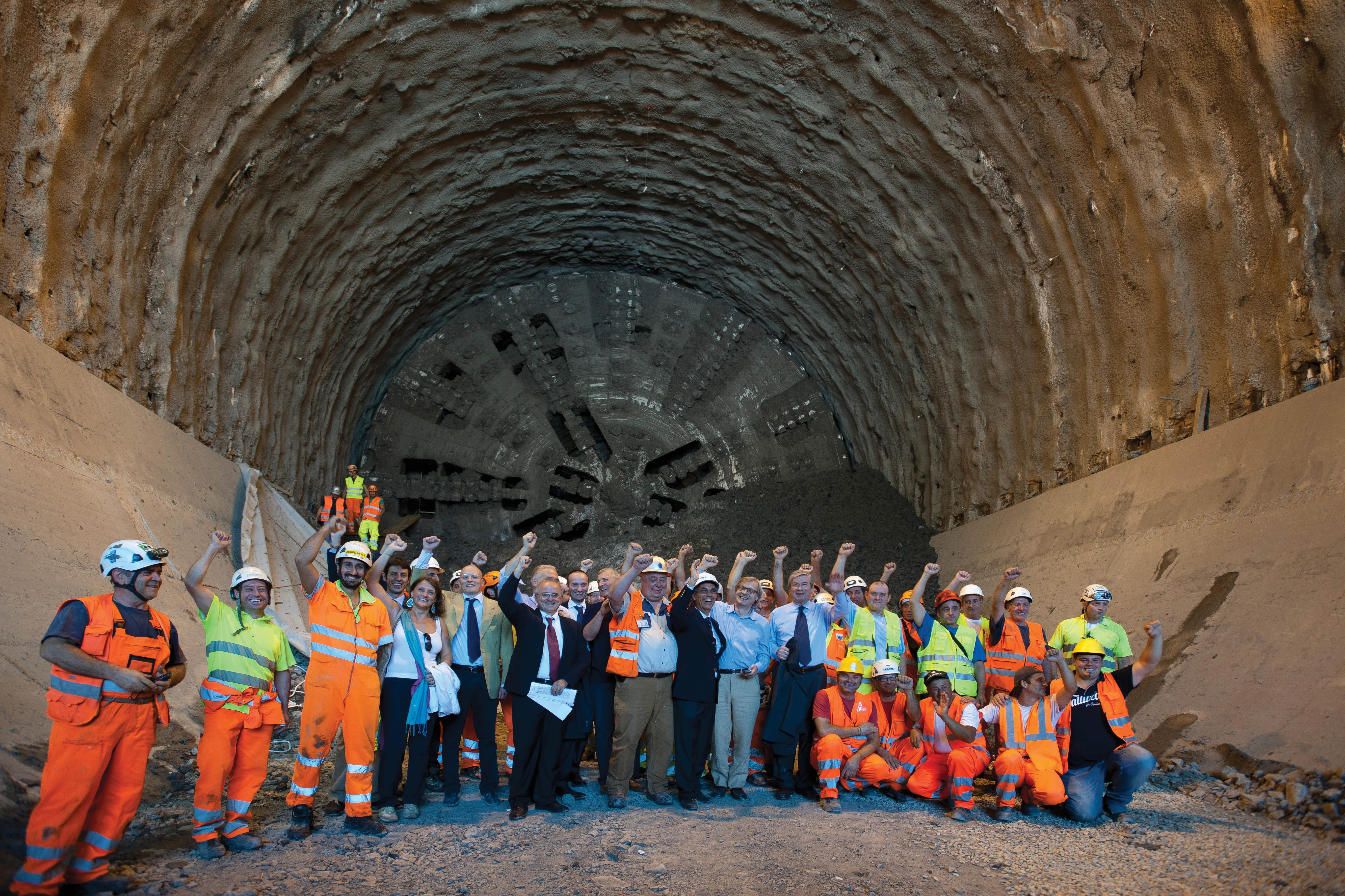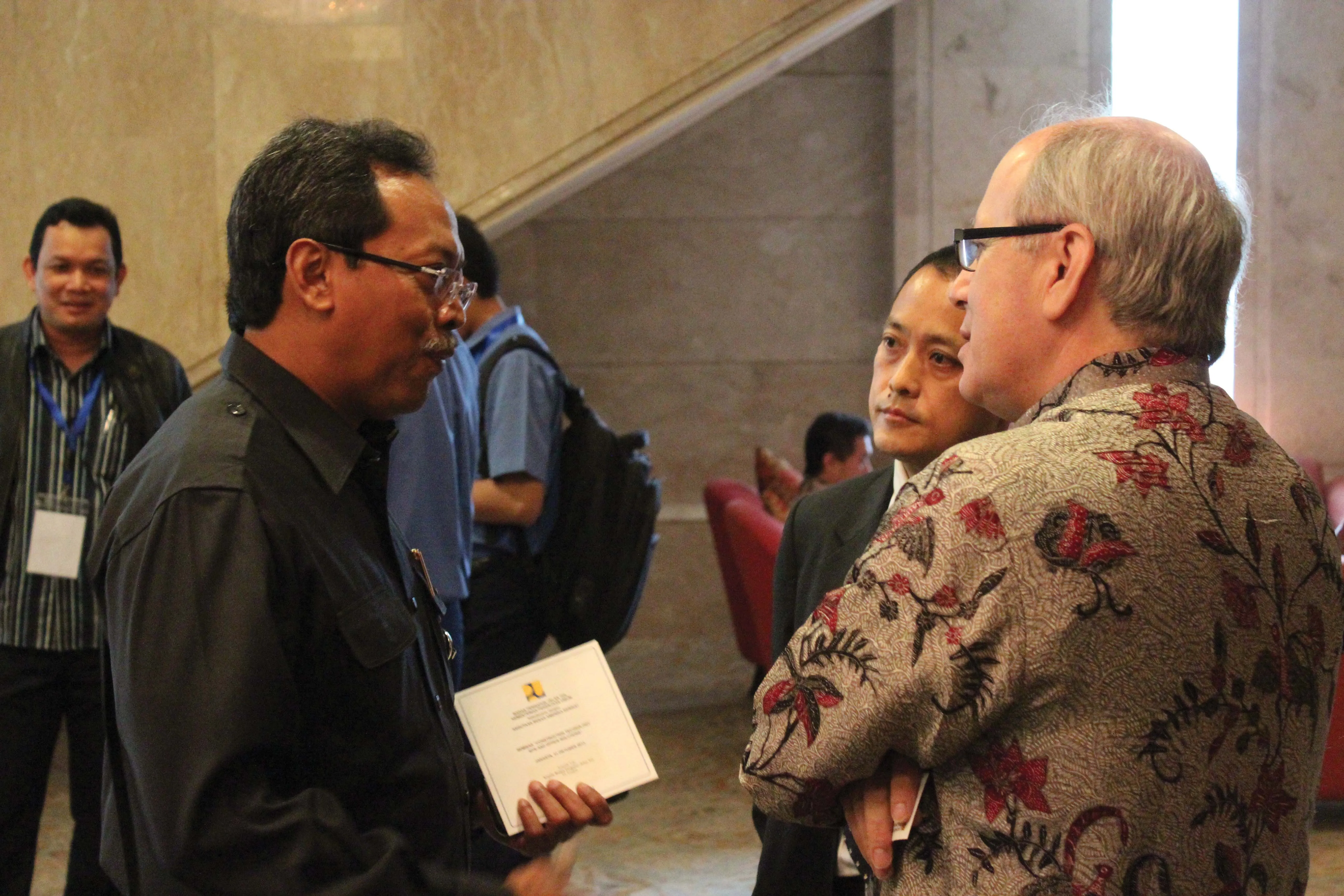China is planning to improve the quality of fuel sold in the country, a key issue that will help cut pollution. The aim is to speed up the process of implementing new fuel standards. Seven government departments are now working on the plan, which has been placed as part of the high priority political drive to cut pollution in the country. The plan states that China is working on a new national standard for its fuels; National VI. This will be issued at the end of 2016 and implemented in 2019.
May 18, 2015
Read time: 2 mins

China is planning to improve the quality of fuel sold in the country, a key issue that will help cut pollution. The aim is to speed up the process of implementing new fuel standards. Seven government departments are now working on the plan, which has been placed as part of the high priority political drive to cut pollution in the country. The plan states that China is working on a new national standard for its fuels; National VI. This will be issued at the end of 2016 and implemented in 2019.
China’s major cities suffer heavy air pollution and vehicle transportation, power generation and industry are responsible for the problem. Vehicle transportation has been identified by the Chinese Government as an area that can benefit particularly from newer technology to help cut pollution. Providing clean fuels with low sulphur levels will allow the widespread use of vehicles as well as off-highway machines featuring sophisticated engines that produce far lower emission levels. In all 11 provinces in East China will be able to supply fuels that meet the National V standard (requiring sulphur content in fuel to be no greater than 10 parts per million, one-fifth of the National IV's 50 ppm), from Jan 1st 2016.
China’s major cities suffer heavy air pollution and vehicle transportation, power generation and industry are responsible for the problem. Vehicle transportation has been identified by the Chinese Government as an area that can benefit particularly from newer technology to help cut pollution. Providing clean fuels with low sulphur levels will allow the widespread use of vehicles as well as off-highway machines featuring sophisticated engines that produce far lower emission levels. In all 11 provinces in East China will be able to supply fuels that meet the National V standard (requiring sulphur content in fuel to be no greater than 10 parts per million, one-fifth of the National IV's 50 ppm), from Jan 1st 2016.









